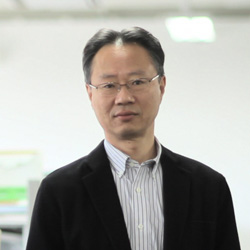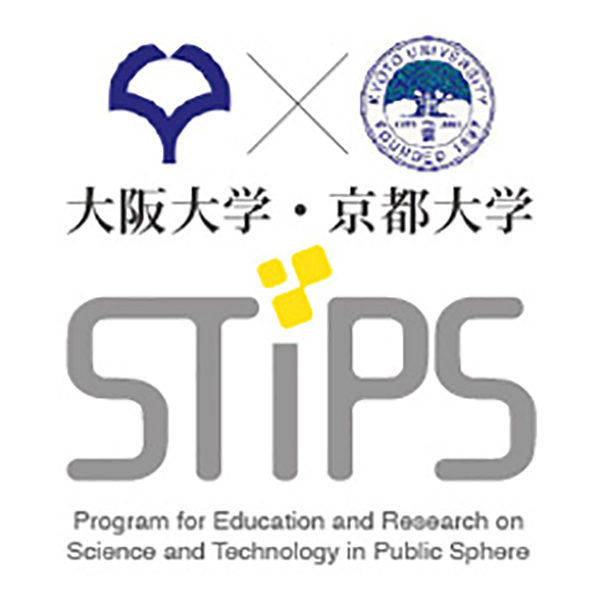Message from the Director

Why “Science and Technology Policy for the Public” is needed now?
“There are real social and environmental choices to be made. They are not about safety as such, but about much larger questions of what kind of a world we want to live in.” (Select Committee on Science and Technology, 2000)This statement is taken from a report that the British Government compiled as a lesson learnt from the heated debate over genetically modified organisms (GMOs) in the United Kingdom at the end of the 1990s.
Science and Technology policy (hereafter “ST policy”) in contemporary society is an important part of public policy that shapes the structure of science and technology as the driving force of our society. Meanwhile, ST policy is, as a matter of course, not limited to a promotion policy for the researchers of science and technology. This point is a premise of the 4th Science and Technology Basic Plan of Japan (2011) defining ST policy as “policy for society and the public” and thus it is necessary to develop ST policy that responds to societal challenges. In other words, ST policy must answer the question “what kind of a world we want to live in.”
In addition, it goes without saying that, for ST policy to progress, it is necessary to develop “science for policy” based on “evidence”. At the same time, however, we are concerned that such science for policy become an activity that confines the range of evidence to “quantifiable data,” such as the number of citations and economic indices.
In the case of the GMOs debate in UK, it is clear that a policy response persuading the public of the safety of GMOs on the ground of quantifiable risk assessments failed to settle the problem. What was crucially missed was the understanding of the expectations and concerns of the public; that is to say, what people expect from science, technology, and public policy; what they are worried about; and what kind of world they want to live in. It is difficult to understand these matters through quantitative methods such as statistical public polling alone. Therefore, we believe what we need is a process of participation, engagement, and deliberation that involves various individuals, groups and organizations not only from research communities, industry and policymakers but also from general publics. In that process people directly or indirectly discuss the issue, deepen their thinking, and express and share their expectations and concerns. In this program, we use the term “public engagement with science and technology” for describing this notion.
The emphasis of our education program jointly run by Osaka University and Kyoto University is placed on developing professionals who are capable of practicing and analyzing public engagement based on the research in “Ethical, Legal, and Social Issues (ELSI) in science and technology.” They are expected to contribute to policymaking by bridging the gap between different academic disciplines on the one hand and between the academia, policy circle and society on the other hand. In other words, we aim to train professionals who facilitate “public engagement in science and technology.”
In such a public engagement, it is necessary to carry out and analyze the activities of various stakeholders including the general public who participate and engage in each stage of policymaking, even in the early stage of agenda formation, in order to find out societal issues (e.g., expectations, concerns, and challenges), and to reflect them in the formation and planning of policy and of research and development, technology assessments, and social consensus building. It is important in this regard not only to understand what scientists and engineers regard as problems and what they want to do but also to grasp what problems society seeks to solve, and what it expects of and concerns over science and technology.
To achieve these objectives, we believe it is imperative for us to develop professionals who have knowledge, sense and practical ability to discern and understand challenges and problems of science, technology and society from comprehensive and diversified perspectives beyond the boundaries of their own academic disciplines, and to practice and analyze the public engagement with science and technology.
Program for Education and Research
on Science and Technology in Public Sphere (STiPS)
Tadashi KOBAYASHI (Osaka University), Director





